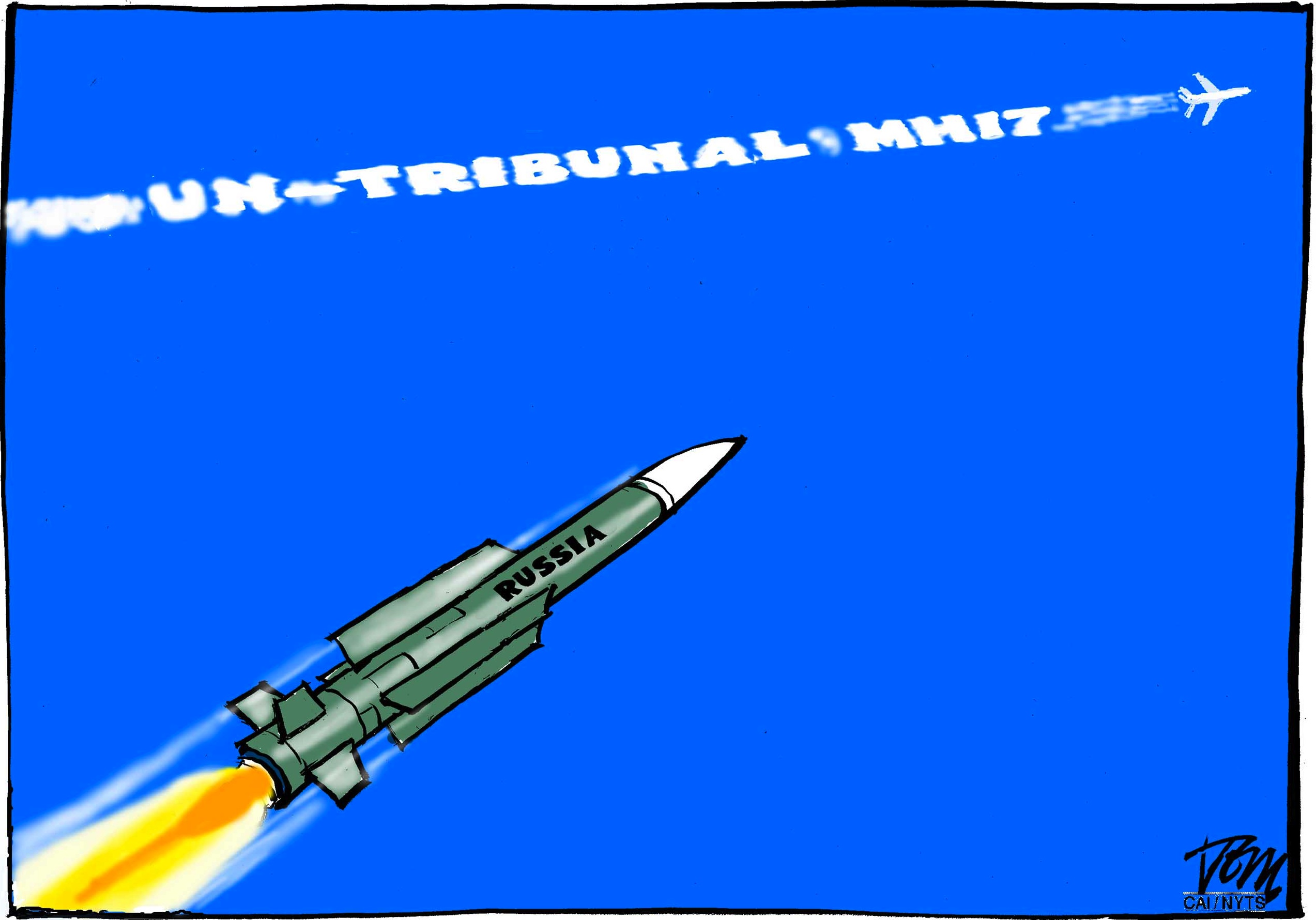On July 17 last year, Malaysian Airlines flight MH17 was blasted out of the sky near Donetsk in eastern Ukraine, killing all 298 people on board. On July 29 this year, a resolution tabled by Malaysia with many co-sponsors to create an international tribunal on the downing of MH17 was supported by 11 members of the United Nations Security Council. Three countries — Angola, China and Venezuela — abstained. The resolution failed because Russia voted against it and the negative vote of any one of the five permanent members (P5) has the power of veto.
There are three alternative ways of assessing this outcome.
The first is to decry the Russian negative vote as in effect a criminal abuse of the veto power. This was the line taken by many Western countries including Australia, which expressed both disappointment but also outrage. Ukraine's Foreign Minister Pavlo Klimkin condemned the Russian veto in harsh terms, saying it was difficult to explain Moscow's opposition unless Russia was indeed culpable in the atrocity. That line was echoed by much of the conservative commentariat in the Australian media, in effect saying that Russia's veto proved Moscow's guilt. If they had nothing to hide, why fear a tribunal?

















With your current subscription plan you can comment on stories. However, before writing your first comment, please create a display name in the Profile section of your subscriber account page.